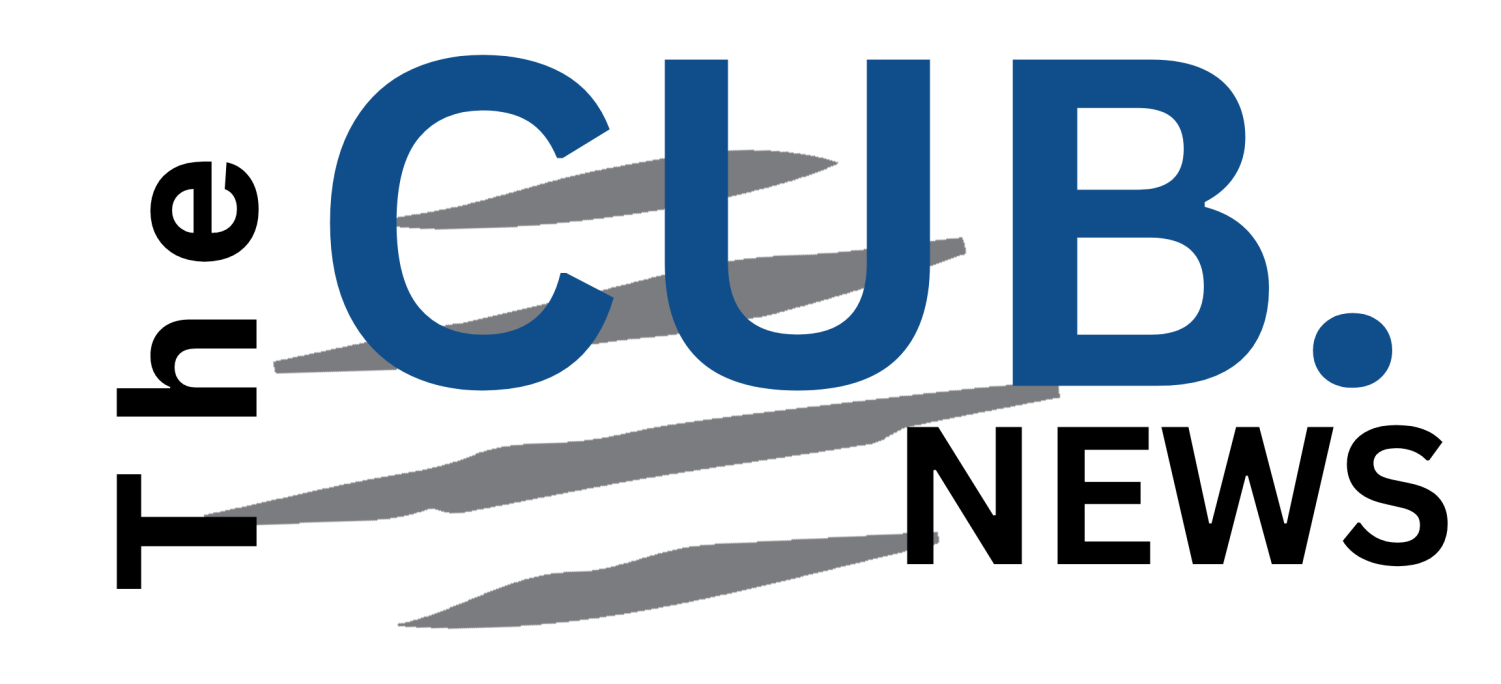The Pros And Cons of Caffeine
Students energy drinks and caffeinated coffees
May 16, 2022
Whether it’s in Red Bull spritzers, cups of coffee or cans of Celsius, caffeine can be seen in some form at SWHS daily. Caffeine is considered to be a stimulant drug, which increases activity in the nervous system, leading to a growth in adrenaline and cortisol levels throughout the body.
Many people consume it to feel more awake, be more active and level-minded. Although it is easily accessible and legal throughout the world, it doesn’t mean that regular caffeine intake is necessarily healthy.
According to Better Health.gov, too much caffeine can cause an increase in body temperature, anxiety, restlessness, trembling hands and more.
But, despite the cons of drinking caffeine, many people, especially students at SWHS, include it in their diet daily. But why? What makes caffeine so addictive?.
“(Caffeine) keeps me going and it’s the only way I get through the day,” said Sophomore Mackendra McCarty. “I can’t go a day without it and not be super tired.”
Many use it to stay more alert, have more cognitive function, and speed-reasoning, which aids in academic performance. Others use it for physical benefits to enhance athletic performance.
Freshman Zach McCall drinks pre workout before he exercises to perform better. “I feel more focused, more energetic, and can concentrate better,” said McCall. On the other hand, McCall says he feels less energetic than usual a couple hours after he drinks caffeine.
Caffeine usually stays in your system for about four to six hours. During that time, it causes your blood vessels to narrow, blocking receptors for adenosine, a chemical compound that can make you feel drowsy. After it wears off, your blood vessels start to open up, causing a sudden rush of blood flow to your brain, resulting in headaches and lack of energy that many experience when caffeine leaves their system. A lot of times, people drink even more caffeine to lessen the pain during withdrawal, which isn’t a healthy habit.
Because of the fact that many caffeinated beverages also contain high amounts of sugar, when you stop caffeine intake, you might simultaneously experience withdrawals from sugar, which causes fatigue, mood swings, and headaches as well.
“I noticed that almost everyone has a celsius, coffee or morgans in the morning,” said sophomore Alivia Volkert, who also drinks coffee every day to gain energy.
So does Mccarty, who says she sees about seven out of 10 people drinking some sort of caffeine throughout the school day.
Not everyone who drinks caffeine forms an addiction to it. According to the department of nutrition at Harvard University, Moderate consumption of caffeine can be used in a healthy diet, and that drinking coffee specifically is correlated with a decreased chance of developing Parkinson’s disease, heart disease, liver cancer, and more.
“I do not have a specific need for caffeine in order to function. I just like the taste of coffee in the morning” said Senior Jacob Jepperson. “ I like Brazilian coffee, it helps me focus”
In a 2009 study by the University of Florida, researchers monitored coffee intake in elderly people and found that those who drank 1-2 cups of coffee a day reduced their chance of developing MCI, (Mind Cognitive Impairment) compared to those who didn’t drink coffee. MCI is an important factor in the development of Alzhemiers, and people over the age of 65 have high chances of getting MCI. In the study, which looked over the health of 1400 people, it was concluded that there is a healthy middle ground for caffeine consumption. Too much caffeine can decrease your life expectancy, while just the right amount could increase it.
Caffeine is a major part of American culture throughout all age groups. As a society that uses it as a tool frequently, it is good to weigh the pros and cons of it and make the best decision for your health. Being your own personal advocate and reading into what’s best for your diet, instead of relying solely on what others around you consume, will lead to high benefits and achievement mentally, physically, and socially.



